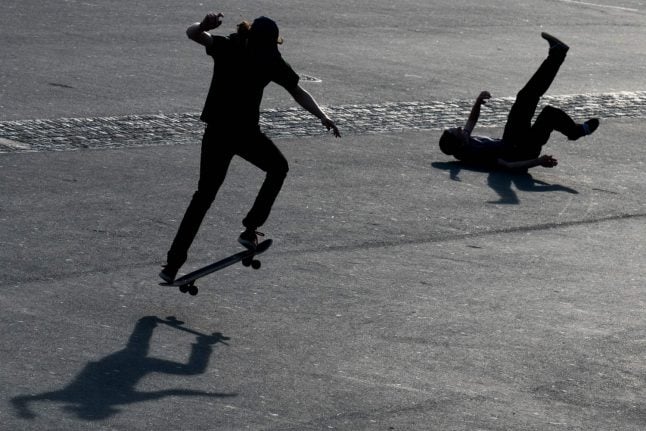“14-year-olds are the largest group among young sexual offenders,” said Börje Svensson, a psychologist at Save the Children Sweden, to local newspaper Värmlands Folkblad.
30 percent of all reported cases of the sexual abuse of children are committed by teenagers up to 18-years-old. 14-year-old’s form the largest group.
“I think that it is because 13-14-year-old children are in the midst of puberty at the same time as their judgement is at its most poor,” said Svensson, who has extensive experience of young sex offenders and their victims.
Svensson tells Värmlands Folkblad that ‘normal’ guys in this age handle this stage with their gang of friends by, for example, bellowing sexual swear words.
“But there are also those for various reasons do not have a gang of friends with whom they can process this.”
A psychologist has been recruited to help the pre-school work through the incident.
The 14-year-old in question is the subject of a police investigation into allegations of sexual abuse equating to the rape of three five-year-old girls at the pre-school.
No further comment has been made by the kindergarten, the local council or the police in the case.


 Please whitelist us to continue reading.
Please whitelist us to continue reading.